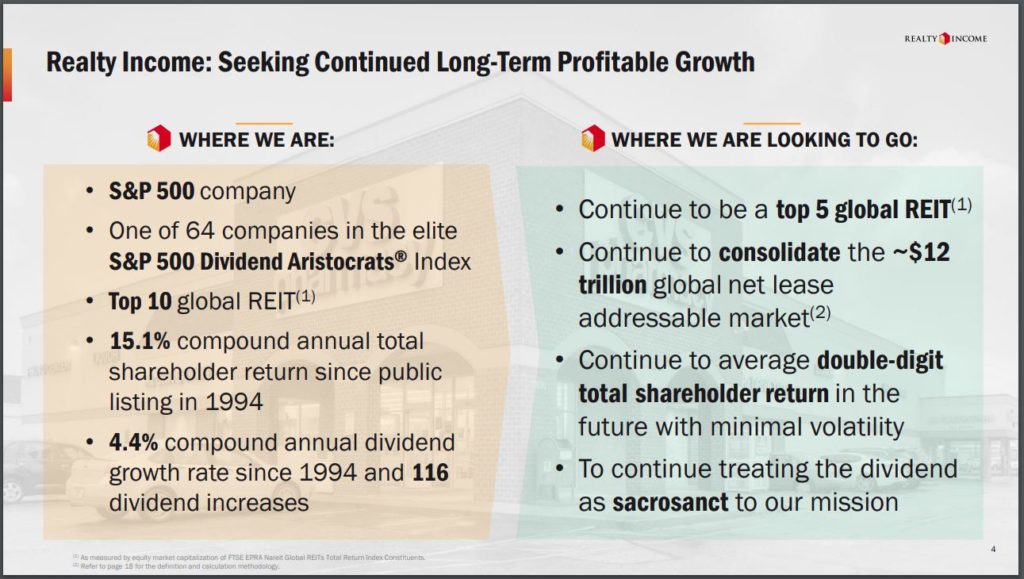Future-Proofing Your Home with Sustainable AC Systems sets the stage for this enthralling narrative, offering readers a glimpse into a story that is rich in detail and brimming with originality from the outset. With the increasing focus on sustainability and energy efficiency, it's crucial to explore how sustainable AC systems can play a vital role in shaping the homes of the future.
As we delve deeper into the realm of sustainable AC systems, we uncover a world of possibilities that not only benefit homeowners but also contribute to a greener environment.
Importance of Sustainable AC Systems
As we strive to future-proof our homes, the importance of sustainable AC systems cannot be overstated. These systems not only provide cooling comfort but also play a crucial role in reducing energy consumption and minimizing environmental impact.
Energy Efficiency
One of the key benefits of sustainable AC systems is their contribution to energy efficiency. By utilizing advanced technologies such as variable-speed compressors, smart thermostats, and energy-efficient components, these systems can significantly reduce electricity consumption compared to traditional AC units.
This not only helps homeowners save on their energy bills but also lowers overall energy demand, leading to a more sustainable energy future.
Environmental Benefits
- Reduced greenhouse gas emissions: Sustainable AC systems are designed to operate more efficiently, resulting in lower carbon emissions and greenhouse gas output. This helps combat climate change and reduce the environmental footprint of cooling our homes.
- Optimized refrigerants: Many sustainable AC systems use eco-friendly refrigerants that have a lower impact on the ozone layer and global warming potential. By phasing out harmful refrigerants like R-22 and adopting alternatives such as R-410A or R-32, these systems contribute to a healthier environment.
- Longer lifespan: Sustainable AC systems are built to last longer and require less maintenance, reducing the need for frequent replacements and minimizing waste. This longevity not only benefits homeowners economically but also reduces the environmental burden of manufacturing and disposing of AC units.
Types of Sustainable AC Systems
When it comes to sustainable AC systems, there are various types available in the market that cater to different needs and preferences. Each type comes with its own set of features and advantages that contribute to their effectiveness and eco-friendliness.
Geothermal Heat Pumps
Geothermal heat pumps utilize the constant temperature of the ground to heat and cool a home efficiently. By transferring heat between the ground and the house, these systems can significantly reduce energy consumption. They are known for their high efficiency and long lifespan, making them a popular choice for sustainable cooling and heating.
Solar Air Conditioning
Solar air conditioning systems harness energy from the sun to power the cooling process. They use solar panels to generate electricity, which is then used to run the AC unit. These systems are environmentally friendly as they rely on renewable energy sources, reducing carbon emissions and energy costs.
Ductless Mini-Split Systems
Ductless mini-split systems are highly efficient air conditioning units that do not require ductwork. They consist of an outdoor compressor unit and one or more indoor air handlers, allowing for zone cooling. This targeted cooling approach helps minimize energy waste by only cooling specific areas when needed.
Evaporative Coolers
Evaporative coolers, also known as swamp coolers, use the natural process of evaporation to cool indoor spaces. These systems are effective in dry climates where humidity levels are low. They consume less energy compared to traditional AC units, making them a cost-effective and environmentally friendly cooling option.
Smart HVAC Systems
Smart HVAC systems incorporate advanced technology to optimize energy usage and indoor comfort. These systems can learn user preferences, adjust settings based on occupancy, and provide real-time energy consumption data. By reducing energy waste and improving efficiency, smart HVAC systems contribute to sustainable living practices.
Installation and Maintenance
Installing and maintaining sustainable AC systems in homes is crucial for maximizing energy efficiency and ensuring long-term performance.
Installation of Sustainable AC Systems
- Choose the right size unit for your space to avoid unnecessary energy consumption.
- Hire a professional HVAC technician to install the system properly and ensure optimal performance.
- Position the outdoor unit in a shaded area to prevent overheating and improve efficiency.
- Seal ducts properly to prevent air leaks and maximize cooling efficiency.
Importance of Regular Maintenance
Regular maintenance is essential for sustainable AC systems to operate efficiently and prolong their lifespan.
- Change air filters regularly to maintain good air quality and prevent strain on the system.
- Clean the coils and fins of the unit to ensure proper heat transfer and efficiency.
- Inspect and clean ductwork to remove any blockages and improve airflow.
- Schedule annual professional maintenance to detect any potential issues early and keep the system running smoothly.
Tips for Homeowners
Proper maintenance is key to ensuring the longevity and efficiency of sustainable AC systems. Here are some tips for homeowners:
- Set programmable thermostat to optimize cooling and reduce energy consumption.
- Keep the area around the outdoor unit clear of debris and vegetation to allow proper airflow.
- Monitor the system regularly for any unusual noises or performance issues and address them promptly.
- Consider upgrading to smart thermostats or energy-efficient models for enhanced control and savings.
Cost Considerations and Savings

When considering sustainable AC systems for your home, it's essential to weigh the initial cost against the potential long-term savings. While sustainable systems may have a higher upfront cost compared to traditional options, the savings over time can make them a more cost-effective choice in the long run.
Initial Cost vs. Long-term Savings
- Initial Cost: Sustainable AC systems typically have a higher initial cost due to the advanced technology and materials used. However, this initial investment can often be offset by energy savings over time.
- Long-term Savings: Sustainable AC systems are designed to be more energy-efficient, resulting in lower energy bills. By reducing energy consumption, homeowners can save significantly on their utility costs in the long term.
- Financial Incentives: Many governments and utility companies offer financial incentives or rebates to homeowners who choose sustainable AC solutions. These incentives can help offset the initial cost and make sustainable systems more affordable.
Last Word

In conclusion, Future-Proofing Your Home with Sustainable AC Systems is more than just a trend; it's a smart investment in the future. By embracing sustainable AC solutions, homeowners can enjoy comfort, savings, and peace of mind while reducing their carbon footprint.
Make the switch today and pave the way for a more sustainable tomorrow.
Q&A
Are sustainable AC systems more expensive to install initially?
Sustainable AC systems may have a higher upfront cost, but the long-term savings on energy bills often outweigh the initial investment.
Do sustainable AC systems require different maintenance compared to traditional systems?
While sustainable AC systems may have specific maintenance requirements, they are generally similar to traditional systems and focus on regular cleaning and inspections.
Are there any government incentives for installing sustainable AC systems?
Yes, some regions offer rebates or tax incentives for homeowners who choose to install sustainable AC solutions to promote energy efficiency.




